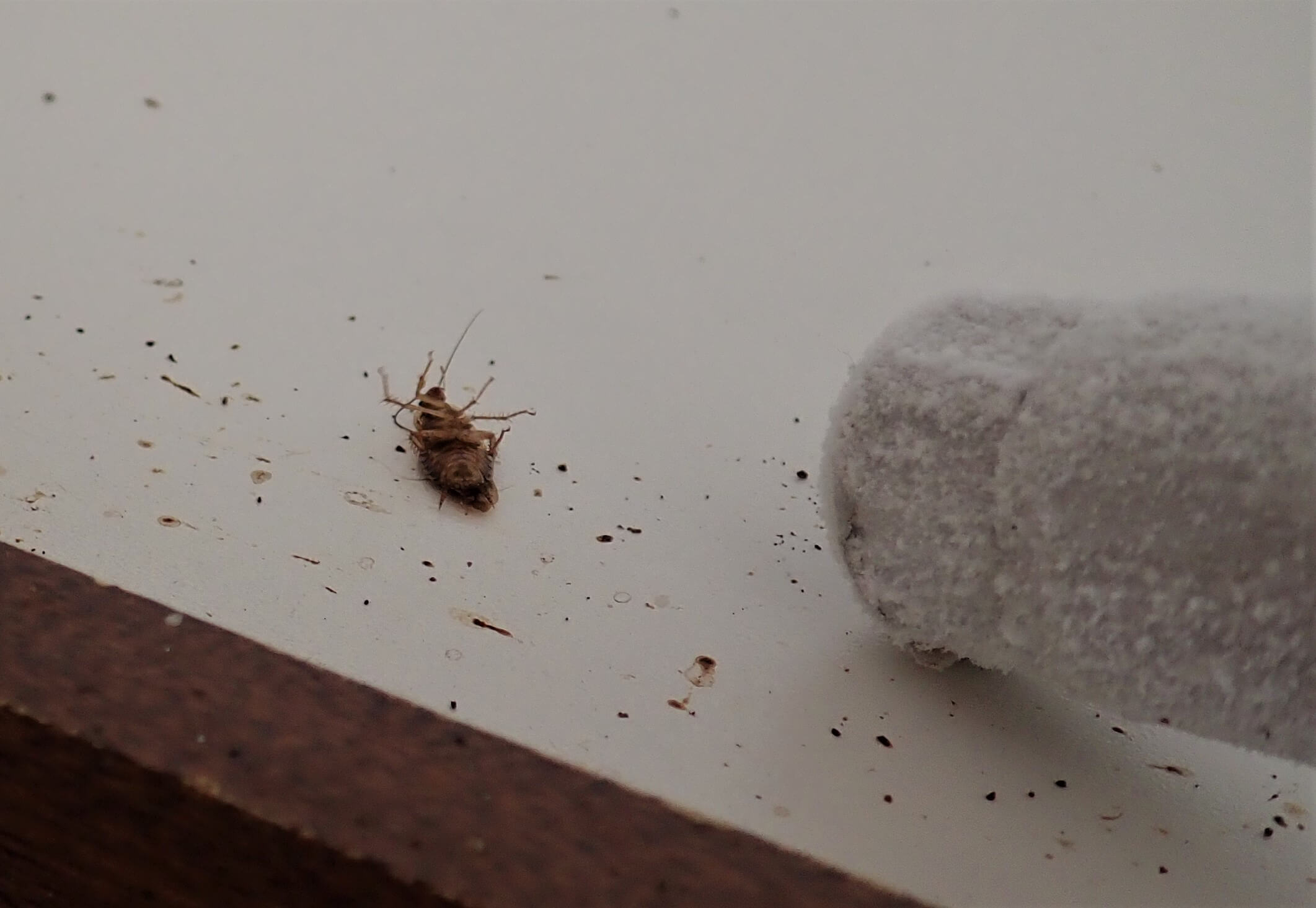Is your insecticide treatment failing to clear an infestation problem? The bugs might be developing pest resistance.
Insecticides are an important part of control strategies against pests. However, proper use is also necessary to make sure the treatment is effective.
Treatment failure can happen due to inadequate preparation or not treating all the areas. Some users also don’t follow the recommended rates or don’t give the chemicals enough time to work. Even if you follow the proper use of insecticides, pest resistance can still be a serious problem.
Over time many insecticides can lose their effectiveness. The good news is there are solutions and alternatives. Read on to know more about pest resistance and what you can do to fight a pest-resistant infestation.
What Is Pest Resistance?
Resistance happens when a pest population becomes less sensitive to a chemical insecticide. It can develop through the constant use of one or similar pesticides with the same mode of action.
Experts believe that pests become resistant because they change or mutate. What changes isn’t the individual pest; it’s the population. When you treat a site or crop with insecticide, 1 in 10 million insects can remain.
This happens because of its particular genetic traits. When the surviving pests breed, they pass on these resistant traits to some of their young.
The next time you apply a treatment, these pests will be a bit more immune. When you apply the same treatment too often, this process will repeat. Soon, these bugs will repopulate and give you another pest problem.
How Can I Prevent Pest Resistance?
It’s important to always use insecticides according to the label. You must also be mindful when monitoring and identifying pests. It’s best to hire trained professionals and use a comprehensive approach.
Choose various types of insecticides for sequential treatments. You must also use chemicals that aren’t reported for insect resistance.
You can also use preventive control instead of curative control. This is the use of insecticides that prevent pests from developing.
Alternatives to Insecticides
There’s no guarantee for insecticides against pest resistance. However, there are green pest control solutions that offer a chemical-free alternative. One such solution is Cryonite.
Instead of using insecticides, Cryonite uses CO2 converted from liquid to dry ice. It’s non-toxic and leaves no residue. At -110°F, the dry ice snow can kill pest populations on contact.
This is effective when you’re looking for how to kill cockroaches. The Cryonite Integrated Pest Management (IPM) solution can kill cockroaches in all stages of growth. With Cryonite, you’ll no longer be asking how to deter cockroaches.
Since it doesn’t use chemicals, pests can’t develop any resistance against Cryonite. It can also complement other products and methods. Cryonite can be part of regular hygiene routines for an insect-free environment.
Use Cryonite to Combat Pest Resistance
Pest resistance is a serious and growing issue in homes and farms. When insecticides won’t work, safer green pest control solutions have chemical-free alternatives.
Cryonite is a non-toxic pest control system that you can use as often and as much as you need. You won’t have to worry about pests developing resistance. If you want to know more about Cryonite, contact us today!

